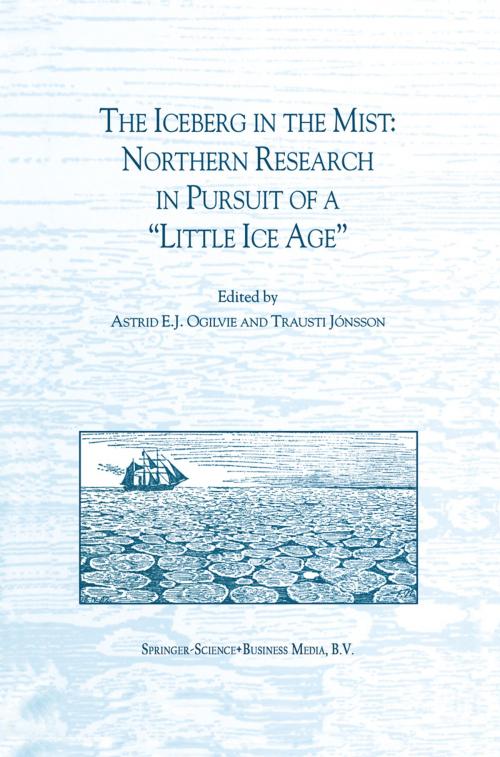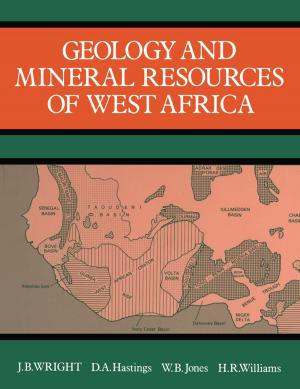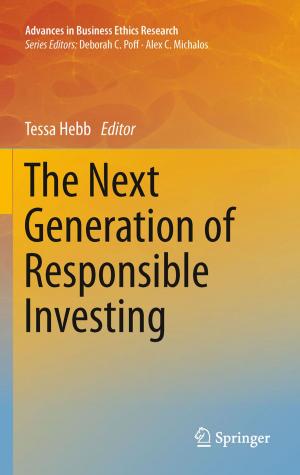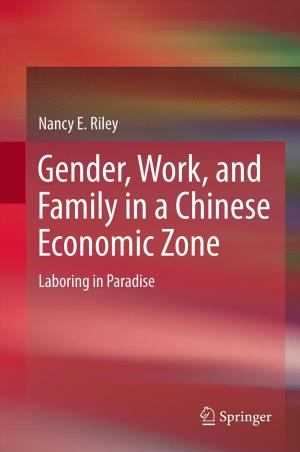The Iceberg in the Mist: Northern Research in Pursuit of a “Little Ice Age”
Nonfiction, Science & Nature, Science, Other Sciences, Meteorology, Earth Sciences, Geography| Author: | ISBN: | 9789401733526 | |
| Publisher: | Springer Netherlands | Publication: | April 17, 2013 |
| Imprint: | Springer | Language: | English |
| Author: | |
| ISBN: | 9789401733526 |
| Publisher: | Springer Netherlands |
| Publication: | April 17, 2013 |
| Imprint: | Springer |
| Language: | English |
THE "LITTLE ICE AGE": LOCAL AND GLOBAL PERSPECTIVES P. D. JONES and K. R. BRIFFA Climatic Research Unit, University of East Anglia, Norwich, NR4 7TJ, UK. This volume of Climatic Change is devoted to the study of the climate of the last 1000 years, with a major emphasis on the last few centuries. The timespan encompasses what has been referred to as the "Little Ice Age" (Bradley, 1992). This term was originally coined by glaciologists, with reference to the most recent major glacial advance of the Holocene (Bradley and Jones, 1993). Although other such advances in different parts of the world may not have been synchronous, the term "Little Ice Age" has come to be associated with the period of a widespread foreward movement of European glaciers between about 14 50 to 1850, as well as with relatively cooler temperatures. The issue of whether or not this concept is appropriate, is a major theme of many of the papers included in this volume.
THE "LITTLE ICE AGE": LOCAL AND GLOBAL PERSPECTIVES P. D. JONES and K. R. BRIFFA Climatic Research Unit, University of East Anglia, Norwich, NR4 7TJ, UK. This volume of Climatic Change is devoted to the study of the climate of the last 1000 years, with a major emphasis on the last few centuries. The timespan encompasses what has been referred to as the "Little Ice Age" (Bradley, 1992). This term was originally coined by glaciologists, with reference to the most recent major glacial advance of the Holocene (Bradley and Jones, 1993). Although other such advances in different parts of the world may not have been synchronous, the term "Little Ice Age" has come to be associated with the period of a widespread foreward movement of European glaciers between about 14 50 to 1850, as well as with relatively cooler temperatures. The issue of whether or not this concept is appropriate, is a major theme of many of the papers included in this volume.















